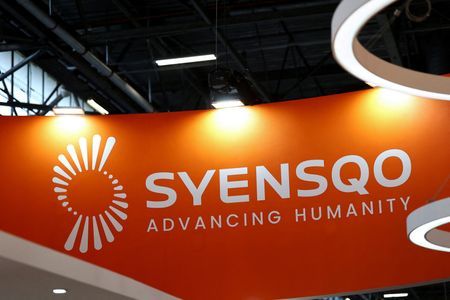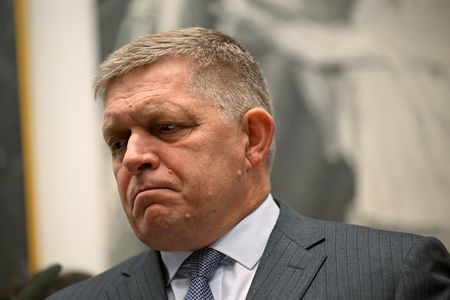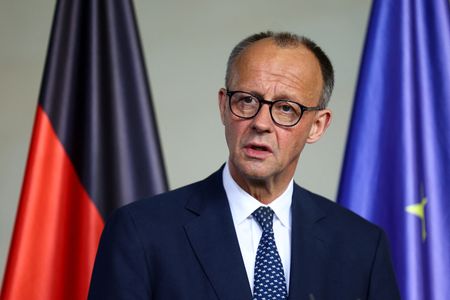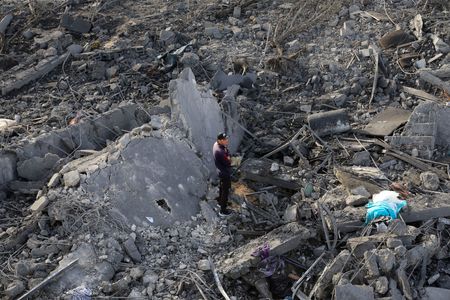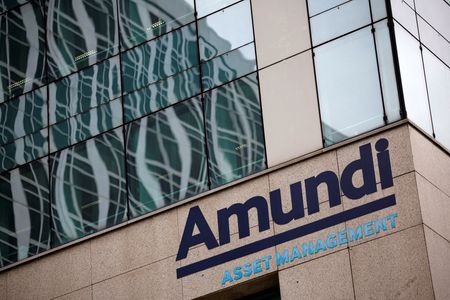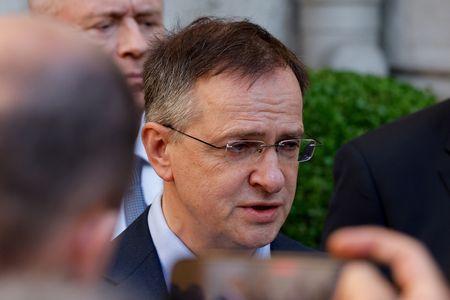By Dimitri Rhodes and Olivier Cherfan
(Reuters) -Syensqo is speeding up its restructuring measures, which include cutting around 200 jobs, due to demand uncertainty caused by global economic turmoil, the chemicals maker said on Thursday.
“We are navigating a time of great complexity and uncertainty, with geopolitical tension between the U.S. and China culminating in the trade war we are witnessing today and having tangible economic repercussions on the value chains, customers and global trade,” CEO Ilham Kadri told journalists.
The Belgian group aims to save more than 200 million euros ($224 million) by the end of 2026, it said in its earnings statement for the first quarter.
Half of the planned job cuts will come through retirements, while the other half is to be mitigated by creation of 25 new jobs resulting from the 2023 demerger with Solvay, Kadri said.
Syensqo, which said in February it was exploring a possible U.S. listing, is analysing this option and expects to make a decision by the end of 2025 or early next year, she added.
European peers like Solvay and Covestro have recently lowered their full-year forecasts due to declining demand, although many have said they can mitigate direct effects of tariffs through local production.
Syensqo has also said it can manage tariff effects by redirecting volumes to unaffected customers and regions. Its 2025 guidance, confirmed on Thursday, excludes the direct impact of tariffs and foreign currency exchange movements.
“Syensqo is not immune to the economic environment and is struggling to build up a convincing earnings track record,” analysts from Degroof Petercam said in a research note.
“Reaching the FY25 (EBITDA) target of 1.4 billion euros ($1.6 billion) is clearly back-end loaded and more uncertain than at the start of the year,” they added.
Syensqo’s shares fell 3.3% by 0858 GMT.
Its underlying core earnings, or EBITDA, fell 15.1% organically to 311 million euros in the first quarter, but beat analysts’ average forecast of 301 million euros.
($1 = 0.8922 euros)
(Reporting by Dimitri Rhodes and Olivier Cherfan in Gdansk, editing by Milla Nissi-Prussak)

